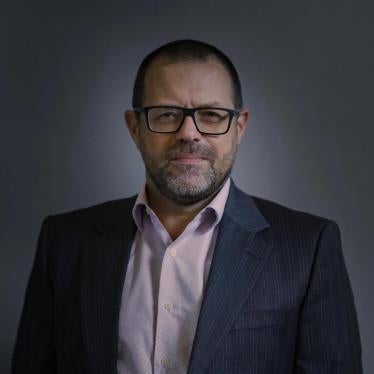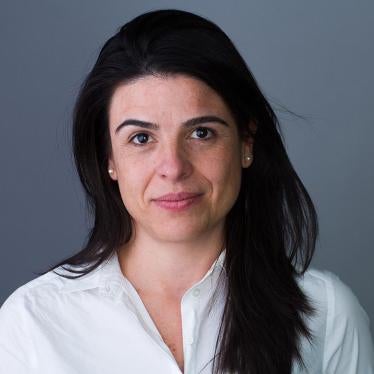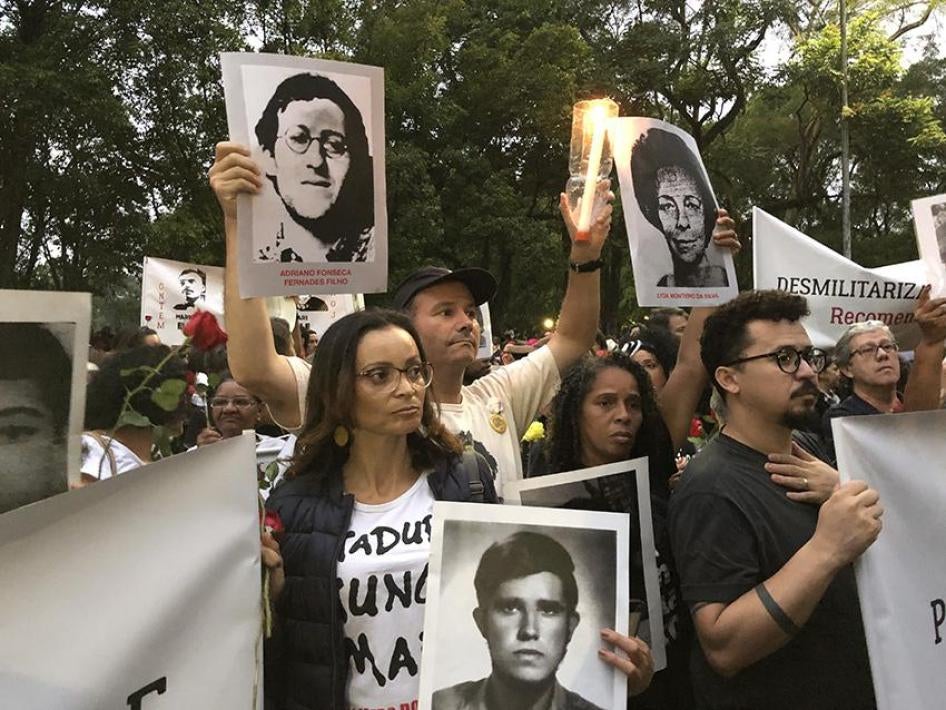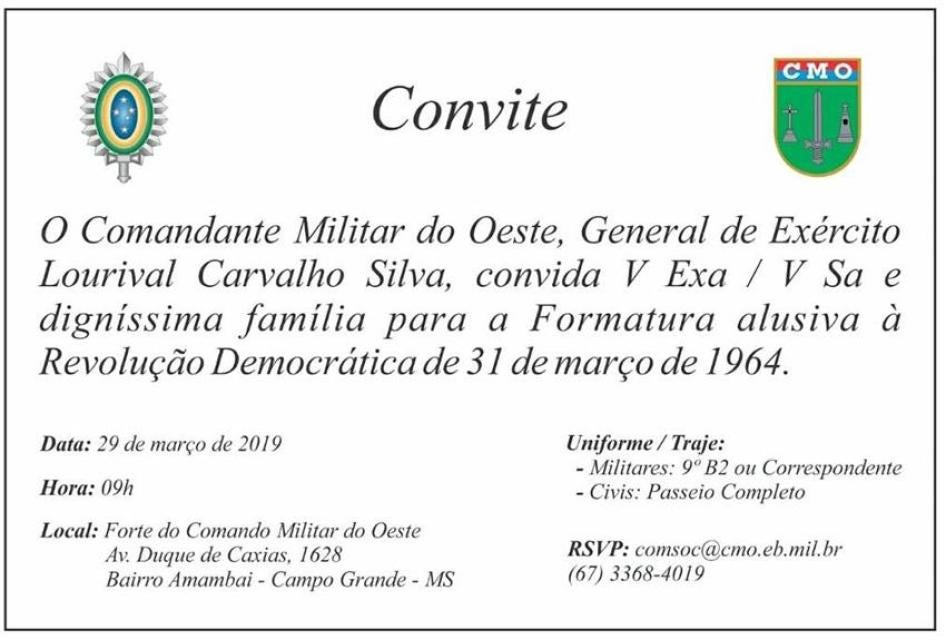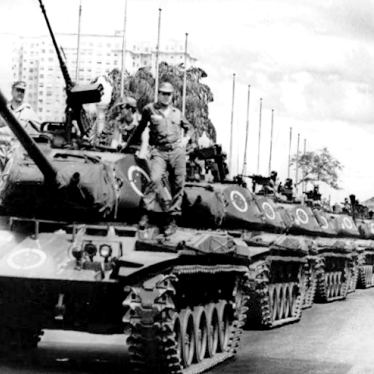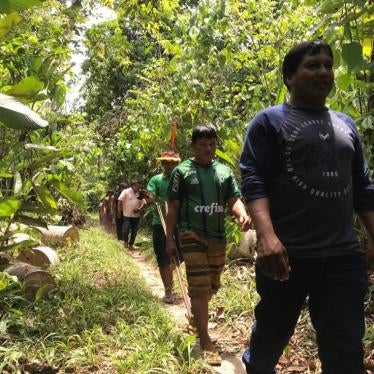“Alexandre Vannucchi
Present!
Fernando Santa Cruz
Present!
Rubens Paiva,
Present!”
In the glow of streetlights in São Paulo’s Ibirapuera park, people shouted these names from the crowd. After each name was called, the mass of demonstrators responded: “Present!”.
Those were the names of some of the hundreds of people killed or disappeared by Brazil´s military dictatorship from 1964 to 1985. Brazilians around the country took to the streets on March 31 to mark the 55th anniversary of the coup, when tanks pushed out a democratically elected president and installed a brutal military regime.
That´s a historical fact.
But Brazil´s President Jair Bolsonaro, a former army captain, defends the dictatorship’s legacy, and wants to rewrite history. Last week, he ordered the military to commemorate the events of March 31, 1964, which he denies was a coup. One invitation from an army high commander called the coup the “democratic revolution” of 1964.
At least the Attorney General´s Office called on the Ministry of Defense not to celebrate a coup and military regime. Yet, the ceremonies occurred, even at the presidential palace, where Bolsonaro was present.
So while protestors around the country chanted, “Dictatorship, never again,” the office of the president released a video in which, over ominous music, an older man spoke of the period before the military dictatorship as a time of “darkness” and said the army “saved” Brazilians.
Bolsonaro´s attempt to rewrite history has especially outraged those who lost loved ones to torture and murder.
“People were killed, the press was censored. What was that? Nothing?” said Ivo Herzog, whose father, Vladimir, a journalist, was tortured and killed in 1975 by the dictatorship´s henchmen. “The families [of victims] have been looking for justice for more than forty years.”
In the São Paulo protest, Liz da Silva Marques, a 56-year-old school administrator, was carrying pictures of Vladimir Herzog and of Manoel Fiel Filho, an industrial worker who was also tortured and killed in 1976.
“We cannot forget what happened, to prevent it from happening again in Brazil or in Latin America,” Marques told us. “Dictatorship does not bring peace. What brings peace is justice.”
